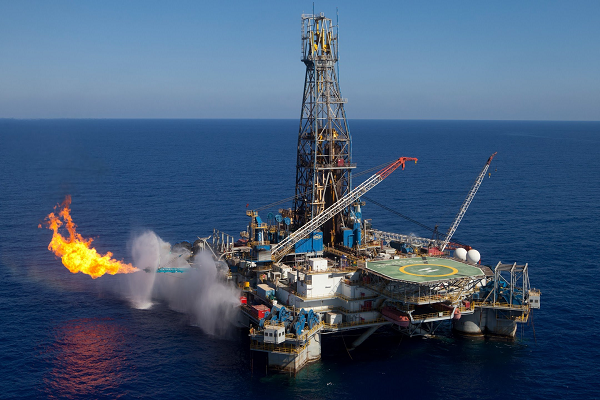Ghana’s oil production sink Ghana’s crude oil production has declined for the fifth consecutive year, dropping from a peak of 71.44 million barrels i
Ghana’s oil production sink Ghana’s crude oil production has declined for the fifth consecutive year, dropping from a peak of 71.44 million barrels in 2019 to 48.25 million barrels in 2024, according to the 2024 Annual Report released by the Public Interest and Accountability Committee (PIAC).
The report highlights a marginal year-on-year decline of 0.01 percent and an average annual drop of 7.4 percent over the five-year period.
The consistent decline in output raises concerns about the sustainability of Ghana’s upstream petroleum sector and the long-term economic implications, particularly as the country continues to rely on oil revenues to fund key national programs.
The report also flags serious concerns regarding petroleum revenue management. It reveals that total proceeds from GNPC Explorco’s liftings in 2024 — amounting to US$145.68 million — were not paid into the Petroleum Holding Fund (PHF), as required by law.
This omission brings the cumulative total of unpaid revenues held by JOHL and subsequently GNPC Explorco to US$488.79 million as of the end of 2024.
GNPC maintains that revenues from Explorco liftings are not obligated to be paid into the PHF, a position PIAC has repeatedly challenged.
The oversight committee has called for clarity and legal adherence in the management of such revenues to ensure transparency and accountability in the sector.
Additionally, the report highlights persistent surface rental arrears, with international oil companies (IOCs) owing the government US$2.89 million in unpaid fees as of December 2024.
Notably, around 60 percent of these arrears are owed by three companies whose petroleum agreements were terminated in 2021, raising questions about enforcement and revenue recovery mechanisms.
